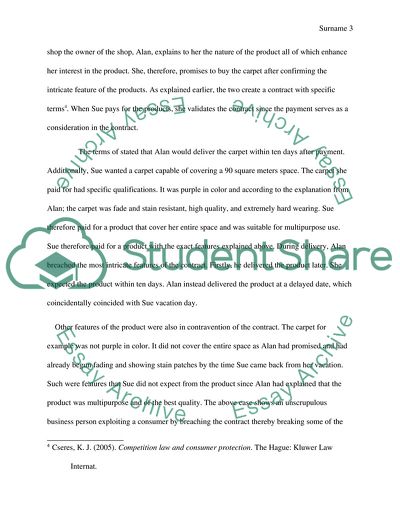Cite this document
(Consumer law Coursework Example | Topics and Well Written Essays - 1750 words - 1, n.d.)
Consumer law Coursework Example | Topics and Well Written Essays - 1750 words - 1. https://studentshare.org/law/1858193-consumer-law
Consumer law Coursework Example | Topics and Well Written Essays - 1750 words - 1. https://studentshare.org/law/1858193-consumer-law
(Consumer Law Coursework Example | Topics and Well Written Essays - 1750 Words - 1)
Consumer Law Coursework Example | Topics and Well Written Essays - 1750 Words - 1. https://studentshare.org/law/1858193-consumer-law.
Consumer Law Coursework Example | Topics and Well Written Essays - 1750 Words - 1. https://studentshare.org/law/1858193-consumer-law.
“Consumer Law Coursework Example | Topics and Well Written Essays - 1750 Words - 1”. https://studentshare.org/law/1858193-consumer-law.


